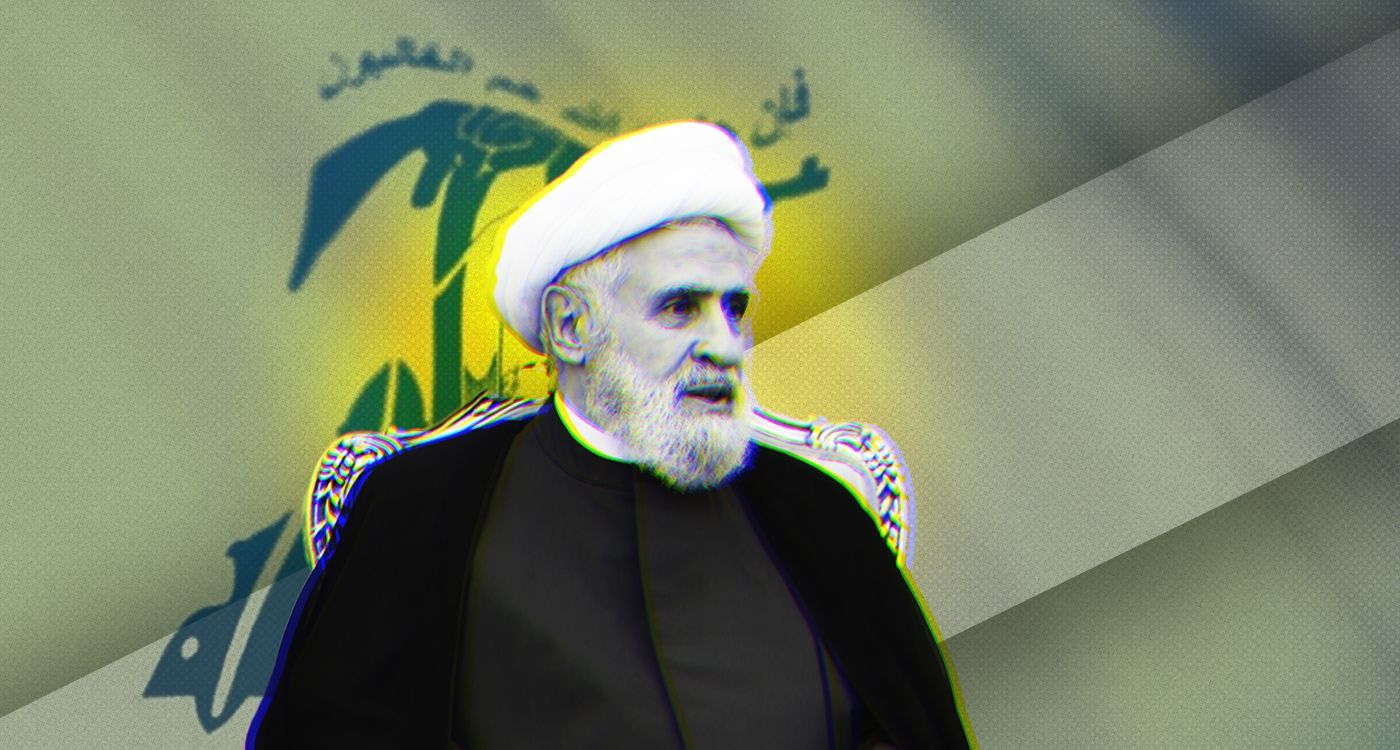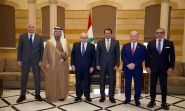
At its core, the issue is that Hezbollah’s Secretary-General, Naim Qassem, has been seeking ways to convince his audience that handing over the group’s weapons to the state has become inevitable, particularly in the wake of the party’s military and political setbacks suffered over the past year.
Qassem has repeatedly approached the matter with defiance, ambiguity, or outright rigidity, while his popular base has largely been relegated to a defensive posture, confined mostly to online debates and little else.
In the past, anyone who spoke about the issue of weapons would face a severe backlash, and the streets of Beirut would erupt with provocative marches, beginning in Ashrafieh and extending to the farthest corners of Lebanon. Today, expressions of anger are largely limited to the streets of Ghobeiri.
In this context, following Sheikh Naim Qassem’s recent remarks, the contours of a possible exit are beginning to take shape, even as he continues to frame the situation as an attack on the “Resistance” and rejects the idea of surrendering its weapons. Yet anyone listening to Qassem might be struck by the image of a sovereign statesman, given how extensively he spoke of the Lebanese Army’s virtues and his desire for the institution to serve as a guarantor and protector of Lebanon’s stability.
Naim Qassem has begun speaking of Hezbollah’s gradual integration into the Lebanese Army, presenting it as cooperation aimed at protecting Lebanon, while, of course, stepping back from the party’s once-ultimate goal of erasing Israel from the map and liberating Jerusalem.
The same shift is visible in his approach to government work, where a reformist impulse seems to have emerged. He discussed governmental initiatives and supports projects that improve citizens’ lives, in stark contrast to last week, when he focused on fomenting resentment against the government for its decision to confine weapons to state control.
On May 5, 2008, a decision far less significant than today’s triggered violence in the capital and led to its occupation by Hezbollah. Today, however, Naim Qassem is calling on the government to pursue reform plans, even though it has decided to withdraw his group’s weapons. The contrast is striking.
These are the different stages through which Naim Qassem is gradually preparing his popular base for a broader shift, aiming to convey that the current situation has come to an end and that anger should dissipate over time. Qassem is evolving from a resistance figure into a pro-sovereignty reformist.



Comments